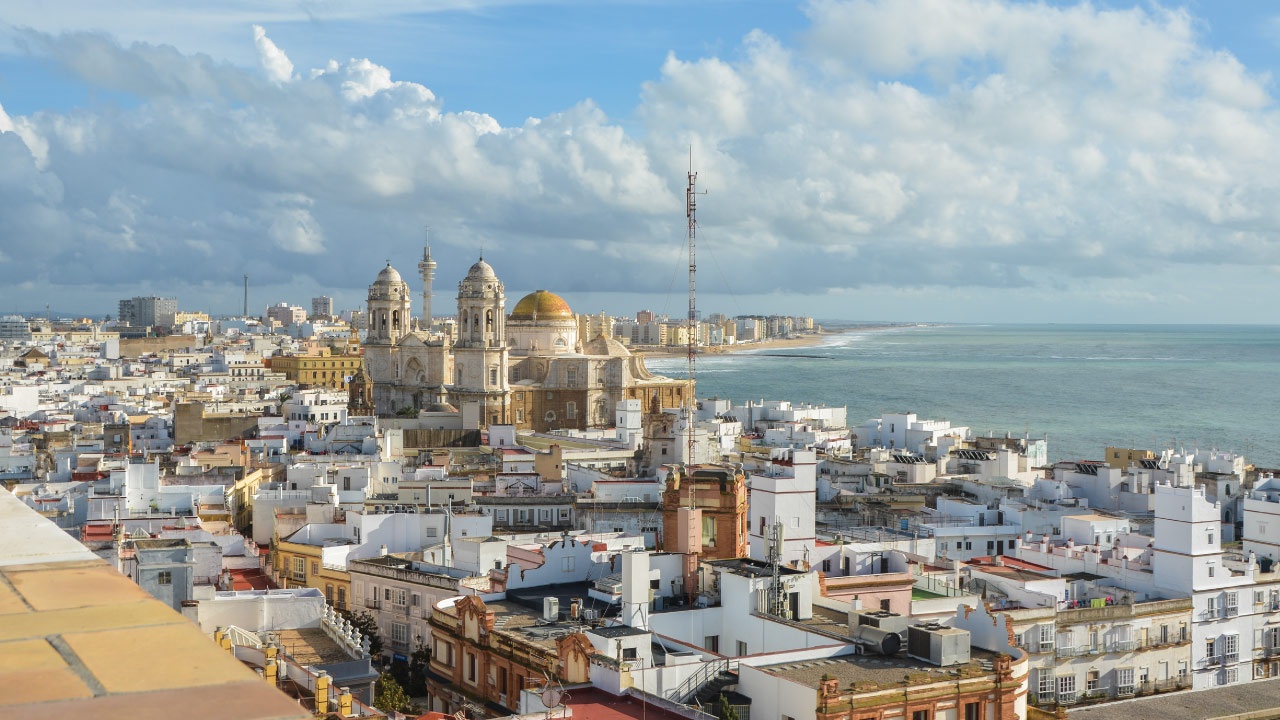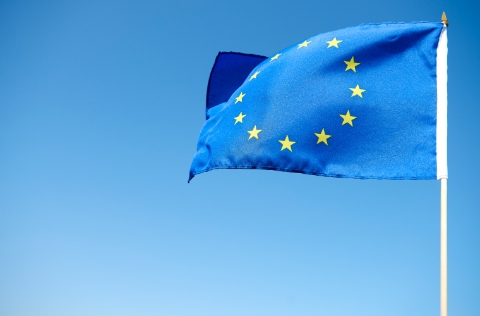
With 230 attendants from 27 countries already registered, preparations are in full swing for the upcoming 15th International Symposium on Genetics in Aquaculture (ISGA XV), taking place from 11 to 17 May at the Faculty of Arts of the University of Cádiz.
Owing to overwhelming interest, the event has already reached full capacity, making a significant milestone for organisers Fundación CEI-MAR, the University of Cádiz, and IFAPA.
This year’s symposium confirms its place as the leading global forum for knowledge exchange in aquaculture genetics and genomics. Attendees will present research on 63 key aquaculture species, ranging from fish to molluscs and crustacean, underlining the event’s international scope.
Participants will include researchers, industry professionals, service providers, specialised journalists, and students, converging in Cádiz for a week of intensive scientific and technical exchange that firmly places Andalusia at the heart of global aquaculture.
The scientific programme features oral presentations, poster sessions, and technical activities linked to local aquaculture practices. Topics will include biotechnology, functional genomics and transcriptomics, genomic prediction, quantitative genetics, selective breeding, disease and stress genetics, whole genomes, and gene editing.
Among the keynote speakers is Dr. Songlin Chen, who will deliver the opening address. Based at the National Research Centre for Marine Aquaculture Engineering in China, Dr Chen is internationally acclaimed for his work in marine species genomics.
Also opening the morning sessions are leading international exprets such as Dr Anna Sonesson from NOFIMA, Norway, an authority in genomic selection; Dr Romain Morvezen from SYSAAF, France, a specialist in mollusk genomics; Dr José Manuel Yáñez, Dean of the Faculty of Veterinary and Animal Sciences at the University of Chile, organizer of ISGA 2022, and leading expert in salmonid genetics; Dr Francesc Piferrer from the Spanish National Research Council (CSIC), renowned for his work in fish epigenetics.
Since its inception in 1982, the ISGA has become a vital space for sharing knowledge, fostering collaboration, and strengthening networks, at a time when genetic improvement is pivotal to the sustainability and global competitiveness of aquaculture.


